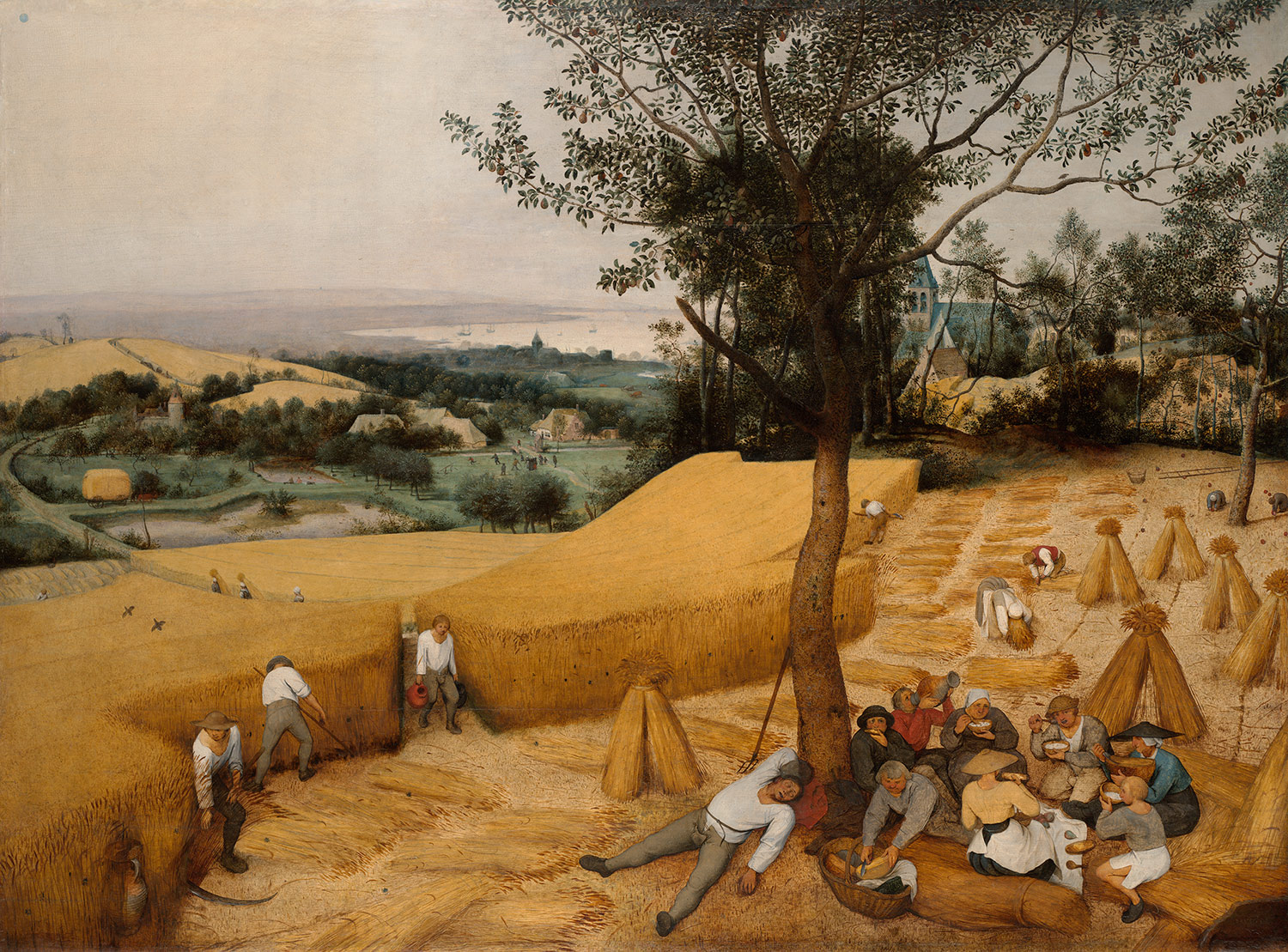Today, we had a harvest of young radishes. Our first for the season. The kids began to understand the effort as they tasted the first results. To come are tomatoes, peppers, peas, carrots, eggplants, cucumbers, summer squash, melons, a variety of greens and a plethora of herbs. I do most of my gardening in either raised beds with landscape cloth under them or pots since the gophers have taken over my yard, and I can't seem to get rid of them, though I won't poison them. The poison would be in the soil. Instead, I would like the owl and the hawks to handle the problem. Once I was working in the garden, dividing iris, when I heard a thump a few feet away. I turned to see one of the hawks who live here flying off with a gopher. I was happy that he was so comfortable with me that he flew in so close.
Relaxing after the work is done under an umbrella with a glass of iced tea and taking in the scents, hearing the birds and seeing the butterflies and dragonflies takes me back to a simpler time. It reminds me of my mother's garden. I was a child then, and like my children today, was more concerned with playing than with working. But I do remember the harvests from the garden. The strawberries, the cucumbers, the tomatoes, the corn. Everything seemed so much more intensely flavored then. And it still does, fresh from the garden. And I can control the use of chemicals on my food, by not using them. Instead, I have learned about companion planting, using other plants to confuse pests. I think we did that in the old days too, though I was much less aware of it then. My mother rarely used any pesticides either.
Gardening also reminds me of the time we visited relatives in Poland. Several relatives had small farms yet worked in factories during the week. So we helped on the farm while staying with them. It was the peak of summer and time to harvest the wheat. The nearby collective farm where one of the cousins lived had a combine, but for the small private farms of about 2 hectares (a bit less than 5 acres), it was not possible to own or even rent a combine for the harvest. So the harvesting of wheat was done with scythes. I remember spending a few evenings swinging the scythe to help with the harvest. It was certainly heavy work but it made for a good sleep.

And that brings me to the picture above. The scene reminds me of my time harvesting wheat with a scythe. Pieter Bruegel, a Flemish painter who lived 1525-1569, painted many such farm scenes. The wheat was harvested with scythes. Unlike then, when only men would swing the scythe, I did as a teen. My visit to the family in Poland took me back to that time. It showed me how little had changed for a peasant farmer.
 But even the gathering and bundling of the wheat, usually done by women, was heavy work. In fact, I liked swinging the scythe better because I was upright, rather than bent over picking up the wheat. That seemed to me to be the harder work.
But even the gathering and bundling of the wheat, usually done by women, was heavy work. In fact, I liked swinging the scythe better because I was upright, rather than bent over picking up the wheat. That seemed to me to be the harder work.Jean-Francois Millet composed "The Gleaners" to depict the lowest rung of rural society, those who picked up what was left after the harvest. In the original, the woman at the lower right was in the painting, working along with the other two. The photo at left is from the Muzeum Narodowe W Krakowie, the People's Museum of Krakow. It was posted on Facebook this week and is certainly an interesting take on Millet's classic work. Even the gleaner needs to take a break. Unfortunately, for many of the poor who had to glean what was left over, life was very hard with few breaks.
Earlier in the week, I heard an interview with Raj Patel, author of Stuffed and Starved: The Hidden Battle for the World Food System (http://www.amazon.com/Stuffed-Starved-Hidden-Battle-ebook/dp/B004CFAWBQ/ref=tmm_kin_title_0). He discussed how small farmers are literally being driven to suicide and millions are starving while 1 billion are overweight. The mal-distribution of food is not a thing of the past, but of the present. Global agribusiness is helping to create this imbalance. I have yet to read the book but it is certainly on my list.
So, I'm back full circle. To the need for small scale farming with local distribution and home gardens, not just for healthier food, but for a healthier world.





